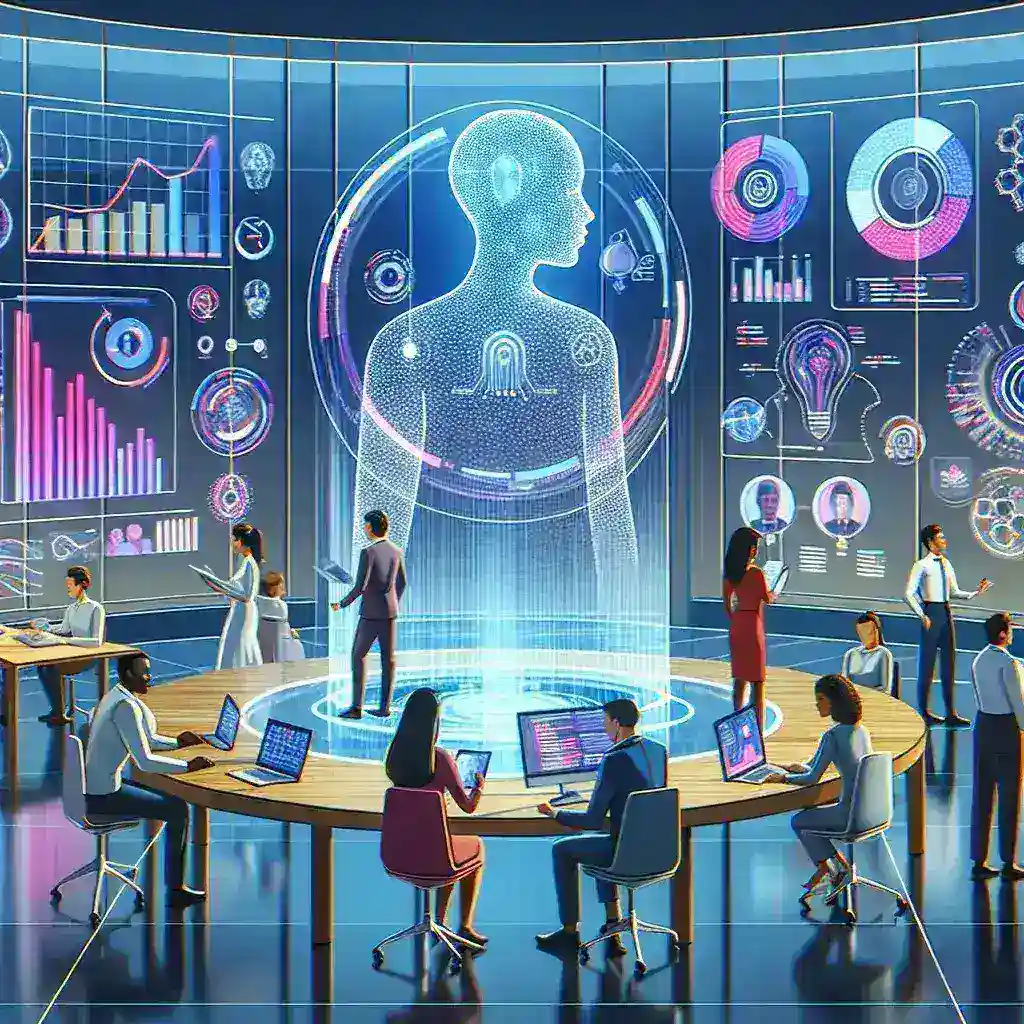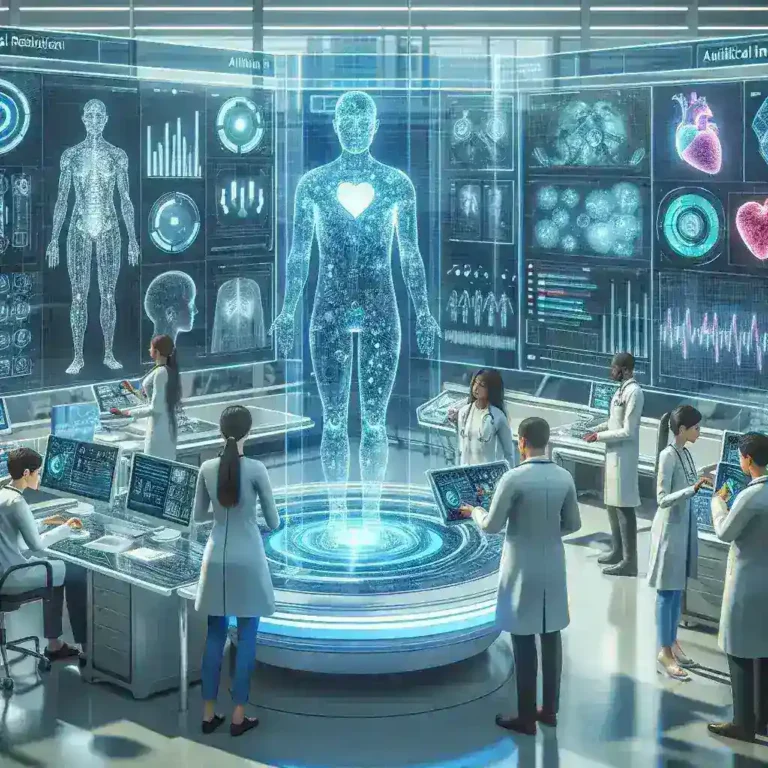The Evolution of Workforce Management
In recent years, businesses have increasingly turned to advanced technologies to streamline operations and enhance efficiency. Workforce management, an essential aspect of organizational success, is no exception. Traditionally reliant on manual processes, this area is undergoing a revolutionary transformation powered by Artificial Intelligence (AI).
What is Workforce Management?
Workforce management encompasses a range of processes used by organizations to optimize employee performance, including scheduling, payroll processing, time tracking, and compliance management. Historically, these tasks were manual, time-consuming, and prone to errors.
Introducing AI in Workforce Management
AI has emerged as a game-changer, capable of analyzing vast amounts of data, identifying patterns, and making accurate predictions. This transformative technology enables smarter decision-making and more efficient processes.
Benefits of AI in Workforce Management
- Enhanced Productivity
AI-driven tools can handle repetitive tasks such as data entry, allowing employees to focus on more strategic activities. This shift not only boosts productivity but also leads to higher job satisfaction.
- Accurate Forecasting
AI algorithms can predict demand fluctuations, enabling businesses to adjust staffing levels accordingly. Accurate forecasting reduces instances of overstaffing or understaffing, leading to cost savings and improved service delivery.
- Optimized Scheduling
AI-powered scheduling systems consider numerous variables such as employee availability, skillsets, and labor laws to create optimal schedules. They ensure that the right people are assigned to the right tasks at the right time.
- Efficient Recruitment
AI streamlines the recruitment process by analyzing resumes, assessing candidates’ skills, and predicting their potential fit within the organization. This enhances the talent acquisition process, leading to better hires.
- Continuous Learning and Development
AI-driven learning platforms provide personalized training programs tailored to individual employees’ needs. Continuous skill enhancement keeps the workforce adaptable and competitive.
Case Studies: AI in Action
Retail Industry
Retail businesses often face challenges with fluctuating customer demand and staffing needs. AI-driven workforce management solutions have enabled retailers to optimize staffing levels, resulting in better customer service and increased sales.
Healthcare Sector
In healthcare, efficient workforce management is crucial for patient care. AI tools assist in scheduling medical staff, predicting peak times, and ensuring compliance with labor laws. This leads to improved patient outcomes and operational efficiency.
Manufacturing
Manufacturers have adopted AI to streamline operations and manage labor costs. Predictive maintenance powered by AI ensures minimal downtime, while optimized scheduling improves production efficiency.
Future Trends in AI-Driven Workforce Management
As AI continues to evolve, its applications in workforce management are expected to expand. Here are some future trends to watch:
- Increased Adoption of Chatbots
AI-powered chatbots will handle routine HR queries, freeing up human resources teams to focus on more complex tasks.
- Advanced Predictive Analytics
The integration of machine learning and predictive analytics will enable even more accurate demand forecasting and resource allocation.
- Personalized Employee Experiences
AI will drive hyper-personalized employee experiences, from customized training programs to tailored career development paths.
Conclusion
The role of AI in enhancing workforce management strategies is undeniable. By automating repetitive tasks, optimizing scheduling, and providing insightful data, AI empowers businesses to achieve greater efficiency, productivity, and employee satisfaction. As AI technology continues to advance, its impact on workforce management will only grow, driving future innovations and setting new standards for organizational success.



